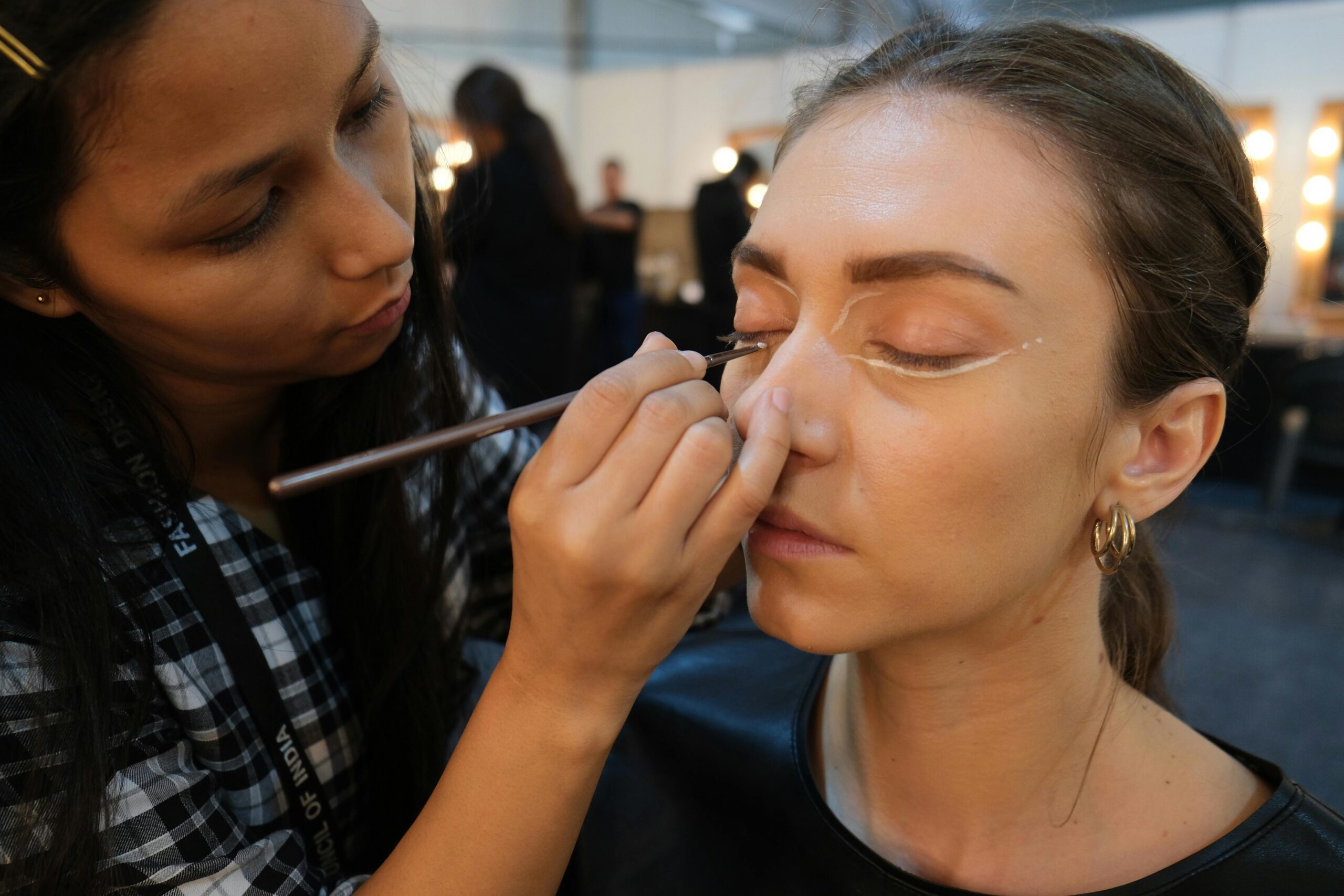One of the essential things about authenticity while making music is knowing yourself. That self-awareness can come from all kinds of self-help books but also exercises where we can look at ourselves in the mirror and project exactly what we want to see. Looking in the mirror is one of the most critical elements about learning how to perform well and perform authentically.
Each day, you must go to the mirror, and the first thing you must do is confront yourself. It means you’re looking in the mirror, and the moment that you’re about to say, “Oh, my eye, oh, my hair, oh, my face, oh, I need to…,” you must confront all those things. Even when you’re standing there, and you’re thinking, “This is silly. I don’t know why I’m doing this;” you must observe. It would be best to observe all those things. Understanding your inner self should be taught as part of music education also in online music education.
The idea is to see who you are, and you begin to observe them and pay attention. Then, you’re comfortable within yourself. At that point, when you step on the stage, you’re able to make that connection. Do you know what happens? You connect with the audience, and the audience feels your authenticity. It’s essential that they feel your authenticity.
As an artist, you are working through who you are and what you want the audience to feel when you are on stage. That connection that you’re trying to make with the audience, you must do some work where you understand who you are, why you are, how you are, and the purpose of you being that artist. The only way that that can happen is if you have and learn to have that intimate connection with yourself.
One of my favorite authors, Brené Brown, talks about authenticity a lot. I find it to be helpful to look at one of her examples. She often uses the phrase, “Don’t puff up. Don’t shrink down.” Sometimes when we’re in a tense situation, we try to make ourselves more confident than average. Or we try to make ourselves smaller because we feel like we’re acting. We’re taking up too much space.
The truth is that if someone dislikes you for doing either of those things, you’re going to feel worse about yourself. If they dislike you for being who you are, you’re still going to feel good about exactly who you are. The critical idea is to walk out of that situation and know that you didn’t try too hard to mold yourself into what you think someone would want you to be. We want to sit with ourselves in precisely the space that we are.
I speak about not the space of when you think you’re putting on. That’s the mask you wear so that people know you as this when you step out. We’re talking about when you’re alone and you’re standing in front of that mirror. You’re looking at yourself, and you’re taking in all the voices that are inside your head.



